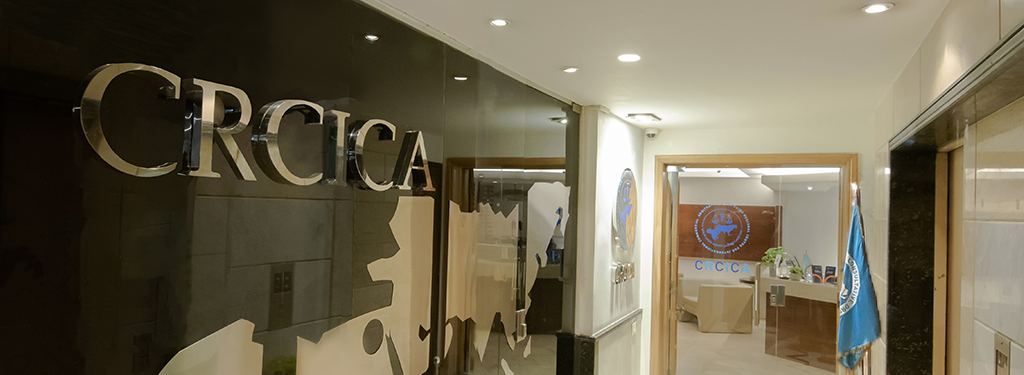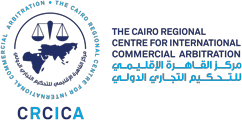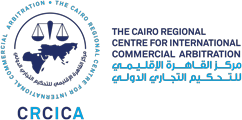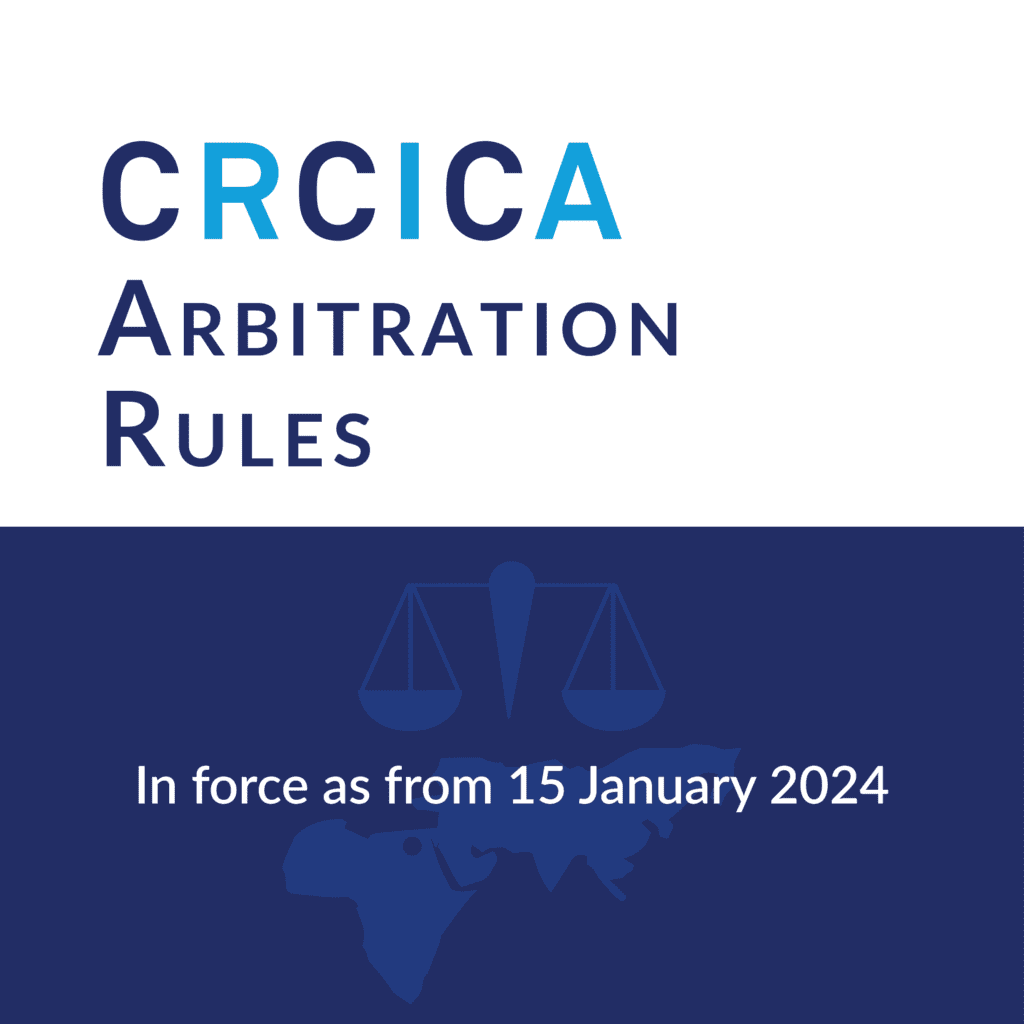





About Us
The Cairo Regional Centre for International Commercial Arbitration (“CRCICA” or the “Centre”) is an independent non-profit international organisation established in 1979 under the auspices of the Asian African Legal Consultative Organization (AALCO), in performance of AALCO’s decision, made at the Doha Session in 1978, to establish regional centres for international commercial arbitration in Africa and Asia, seeking to promote international commercial arbitration in the Afro-Asian area.
CRCICA provides a system of dispute settlement for parties engaged in trade, commerce and investment. CRCICA provides case management services and administers international, regional and domestic arbitrations and other alternative dispute resolution (ADR) mechanisms according to CRCICA’s Arbitration, Mediation, and Dispute Board rules.
CRCICA Costs Calculator
To find out the arbitration costs of your prospective claim or counterclaim, please input the sum in dispute in USD, whether it is ordinary or expedited procedures and indicate the number of arbitrators to be appointed.
Please note that the CRCICA Costs Calculator does not take into account the non-refundable registration fee amounting to USD 500 or USD 1,000, depending on the sum in dispute, payable upon filing a notice of arbitration or a counterclaim.
Mediators
Adjudicators
Experts






